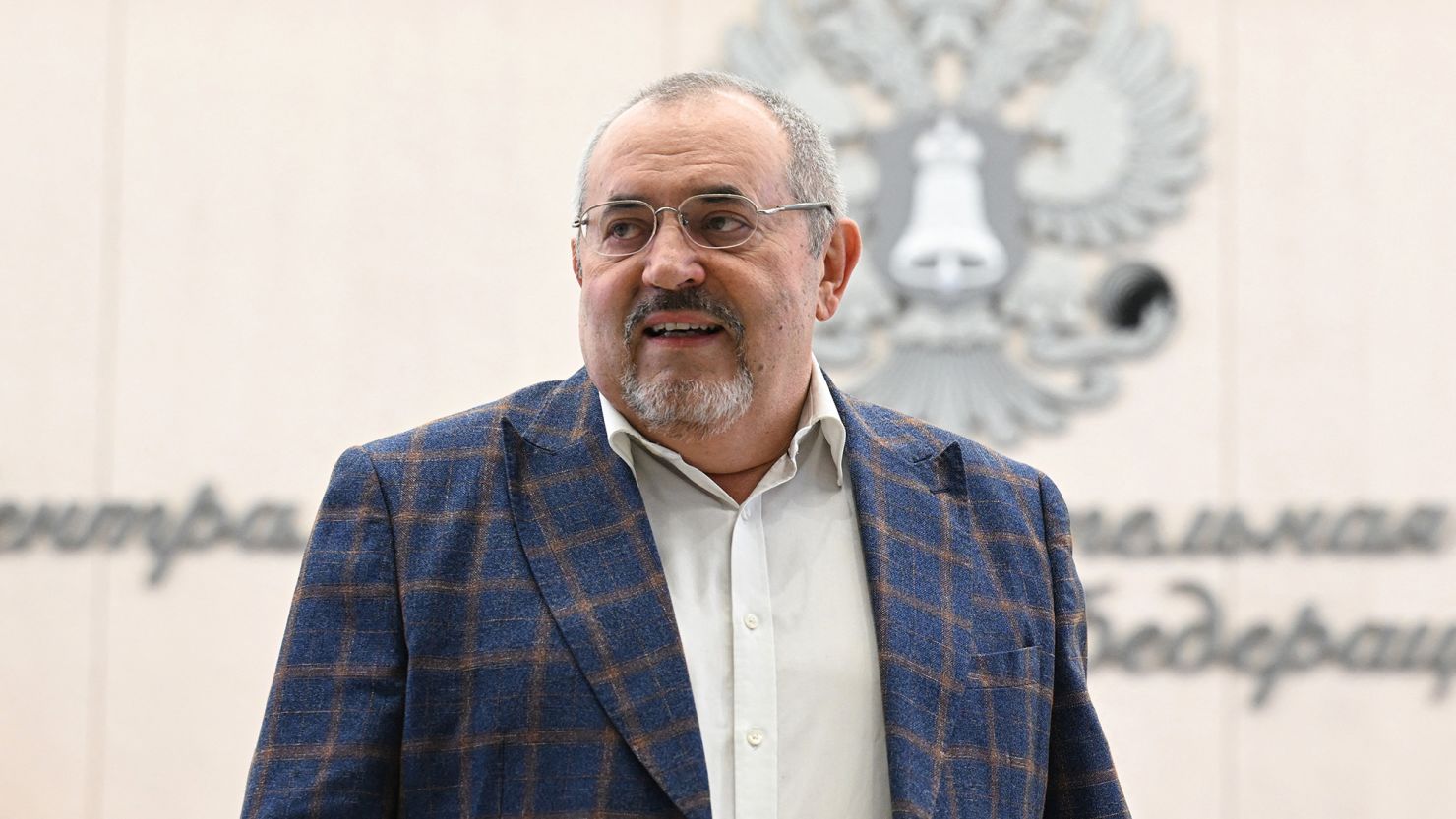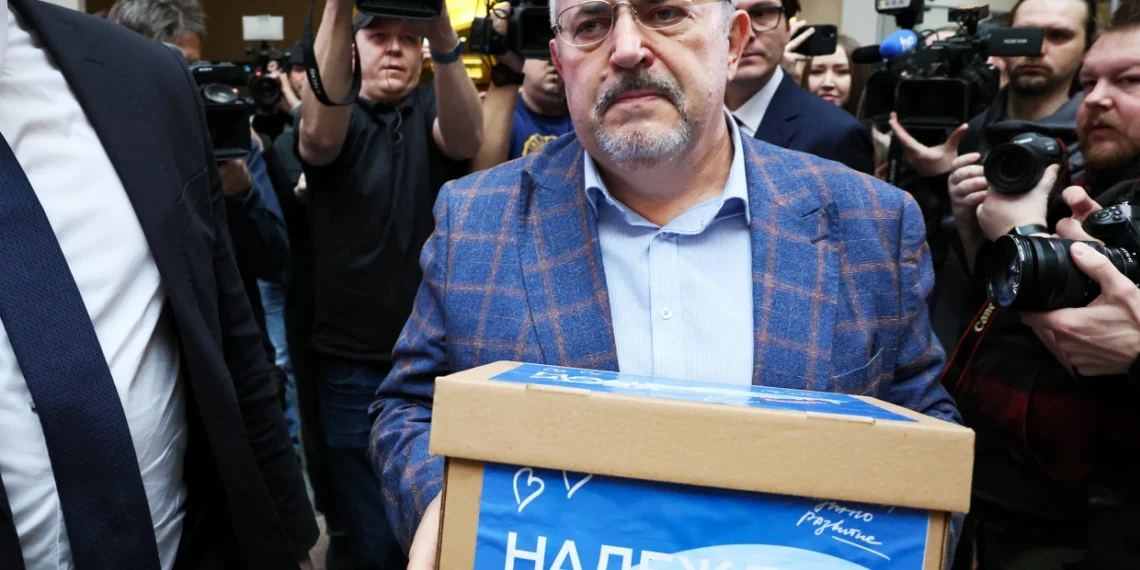Boris Nadezhdin, an anti-war candidate in Russia’s upcoming presidential election, faces obstacles as the Central Election Commission (CEC) disqualifies him due to alleged signature irregularities. Despite collecting over 200,000 signatures, Nadezhdin fell short of the required 100,000 authenticated signatures.
He vows to contest the decision in the Supreme Court, emphasizing the importance of his candidacy in a highly controlled political environment.
Nadezhdin’s long-shot campaign challenges President Putin’s expected victory. Although Putin’s dominance in Russian politics is undeniable, Nadezhdin’s criticism of the government’s military actions in Ukraine garnered attention. His advocacy for negotiation over conflict contrasts with Putin’s stance, earning him some support despite slim electoral prospects.
The Kremlin dismisses Nadezhdin’s candidacy, citing signature discrepancies. Kremlin spokesman Dmitry Peskov asserts that the CEC’s decision aligns with electoral regulations. Despite Kremlin critics’ claims that Nadezhdin’s campaign was allowed only with tacit approval, Nadezhdin denies any such arrangement.
The disqualification underscores the controlled nature of Russian politics, where dissenting voices face significant hurdles. Nadezhdin’s appeal reflects a broader desire for change among some Russian citizens, despite the expected outcome of the election.

In contrast to Nadezhdin’s plight, Putin, running as an independent candidate, has already amassed over 3.5 million signatures, exceeding the required threshold. Putin’s entrenched position and widespread support make his victory a foregone conclusion, further underscoring the challenges faced by opposition candidates like Nadezhdin.
Nadezhdin’s resilience in challenging the status quo resonates with supporters, despite the unlikely success of his campaign. His determination symbolizes a flicker of hope for change in a political landscape dominated by Putin’s authority.





